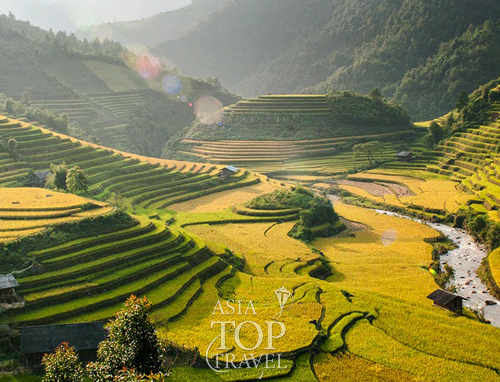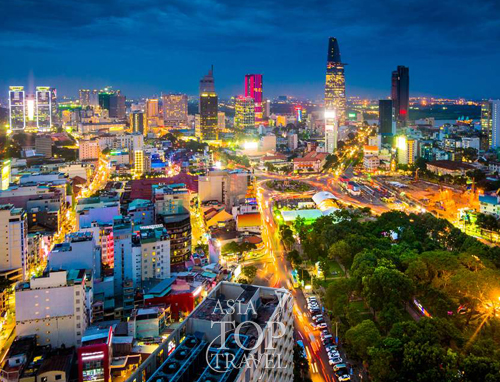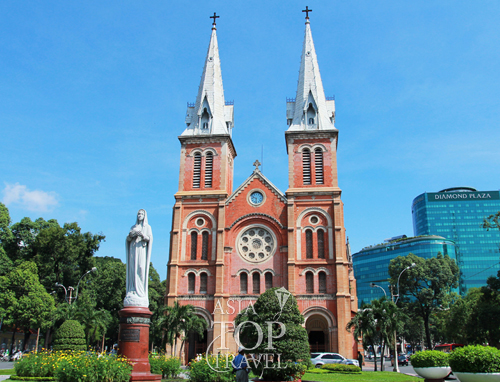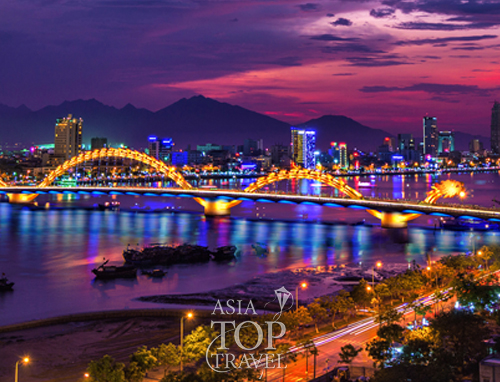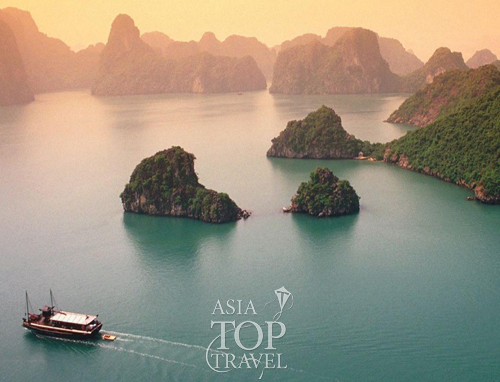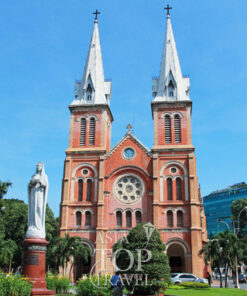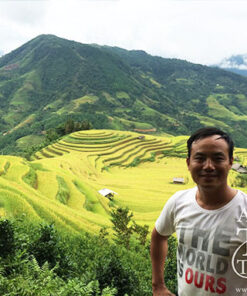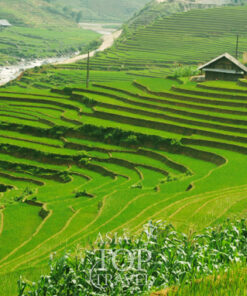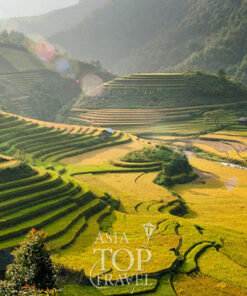Time difference
GMT: +7 hours
Voltage & Electricity
Laos uses 230V / 50Hz. Common plug types: A, B, C, E, and F.
Language
Lao is the official language. English is spoken in tourist areas, and French is also understood by some older generations.
Currency & Money
The currency is the Lao Kip (LAK), though Thai Baht and USD are also commonly accepted in tourist areas. ATMs are widely available in cities.
Tipping
Tipping is appreciated but not expected. Small tips for good service are welcome in restaurants, hotels, and for tour guides.
Visas
Most nationalities require a visa to enter Laos. Visa on arrival and E-visa options are available for stays up to 30 days.
Apply here: https://laoevisa.gov.la/
What to pack
Lightweight clothing, modest outfits for temples, walking shoes, a rain jacket (especially during rainy season), and insect repellent.
Public Holidays
Jan 1: New Year’s Day
Mid-April: Lao New Year (Pi Mai)
May 1: Labor Day
Dec 2: National Day
Dates for Buddhist holidays vary by lunar calendar
Opening hours
Shops: 8am–9pm daily. Government offices: 8am–12pm & 1pm–4pm (Mon–Fri)
Rules of good conduct
– Dress respectfully, especially in temples.
– Remove shoes before entering homes or religious buildings.
– Avoid public displays of affection.
– Avoid touching people on the head or pointing feet at others or Buddha images.
Climate
Laos has a tropical monsoon climate with two main seasons: the dry season from November to April and the rainy season from May to October. The best time to visit is during the dry season, especially between November and February when the weather is cooler and more pleasant.
Festivals in Laos
1. Pi Mai (Lao New Year) – Mid-April
The most important and festive holiday in Laos, featuring water fights, temple rituals, and cultural performances, especially in Luang Prabang.
2. That Luang Festival – November
Held at the golden stupa in Vientiane, this is Laos’s most significant religious celebration, attracting thousands of pilgrims.
3. Boat Racing Festival – September/October
Celebrated along the Mekong River in many towns, including Vientiane and Luang Prabang, with longboat races and traditional festivities.
4. Boun Ok Phansa – October
Marking the end of Buddhist Lent, with candlelit processions and thousands of small illuminated boats floated on rivers at night.
1. Luang Prabang
A UNESCO World Heritage city filled with golden temples, colonial architecture, and the daily almsgiving ritual at dawn.
2. Vang Vieng
Surrounded by dramatic karst mountains and rivers, this town is popular for kayaking, hot air ballooning, and cave exploring.
3. Vientiane
The laid-back capital city where you’ll find the sacred That Luang stupa, Patuxai monument, and vibrant night markets.
4. Bolaven Plateau
Known for its cool climate, waterfalls, and coffee plantations – a peaceful escape in Southern Laos.
5. Si Phan Don (4000 Islands)
A river archipelago in the Mekong River, where you can see Irrawaddy dolphins, bike through Don Khon, and relax off-grid.
1. Cruise the Mekong River
Travel between Luang Prabang and Huay Xai or explore southern islands by boat – the river is the lifeblood of Laos.
2. Witness Almsgiving in Luang Prabang
Wake up early to observe or participate respectfully in the Buddhist tradition of morning almsgiving to monks.
3. Visit Kuang Si Falls
Multi-tiered turquoise waterfalls near Luang Prabang – a favorite spot for swimming, picnics, and photography.
4. Explore the Plain of Jars
Mysterious ancient stone jars scattered across the Xieng Khouang plateau – one of Laos’s most enigmatic sites.
5. Coffee tasting in Pakse
Visit local coffee farms in the Bolaven Plateau to learn about and sample some of Southeast Asia’s finest beans.


